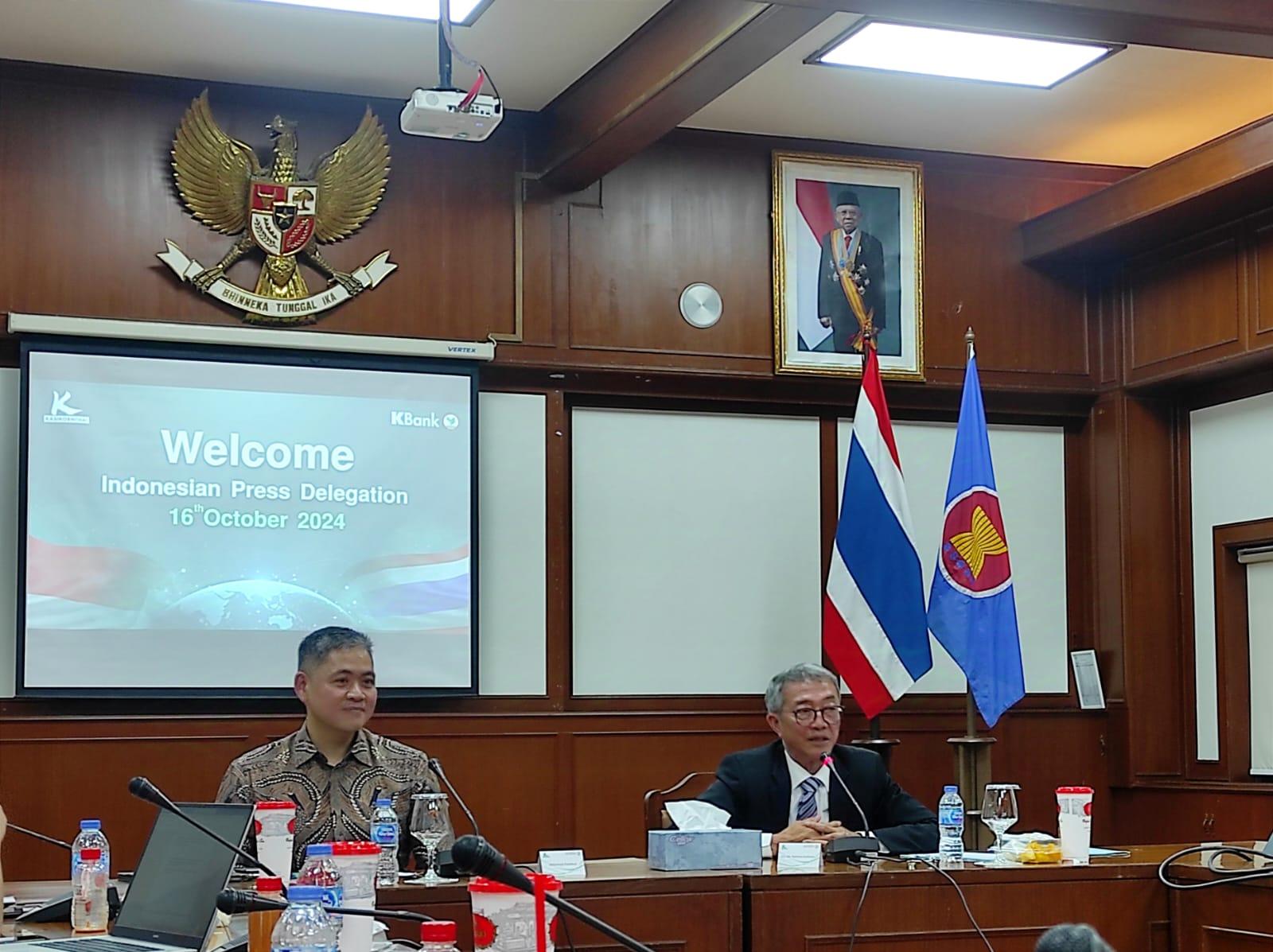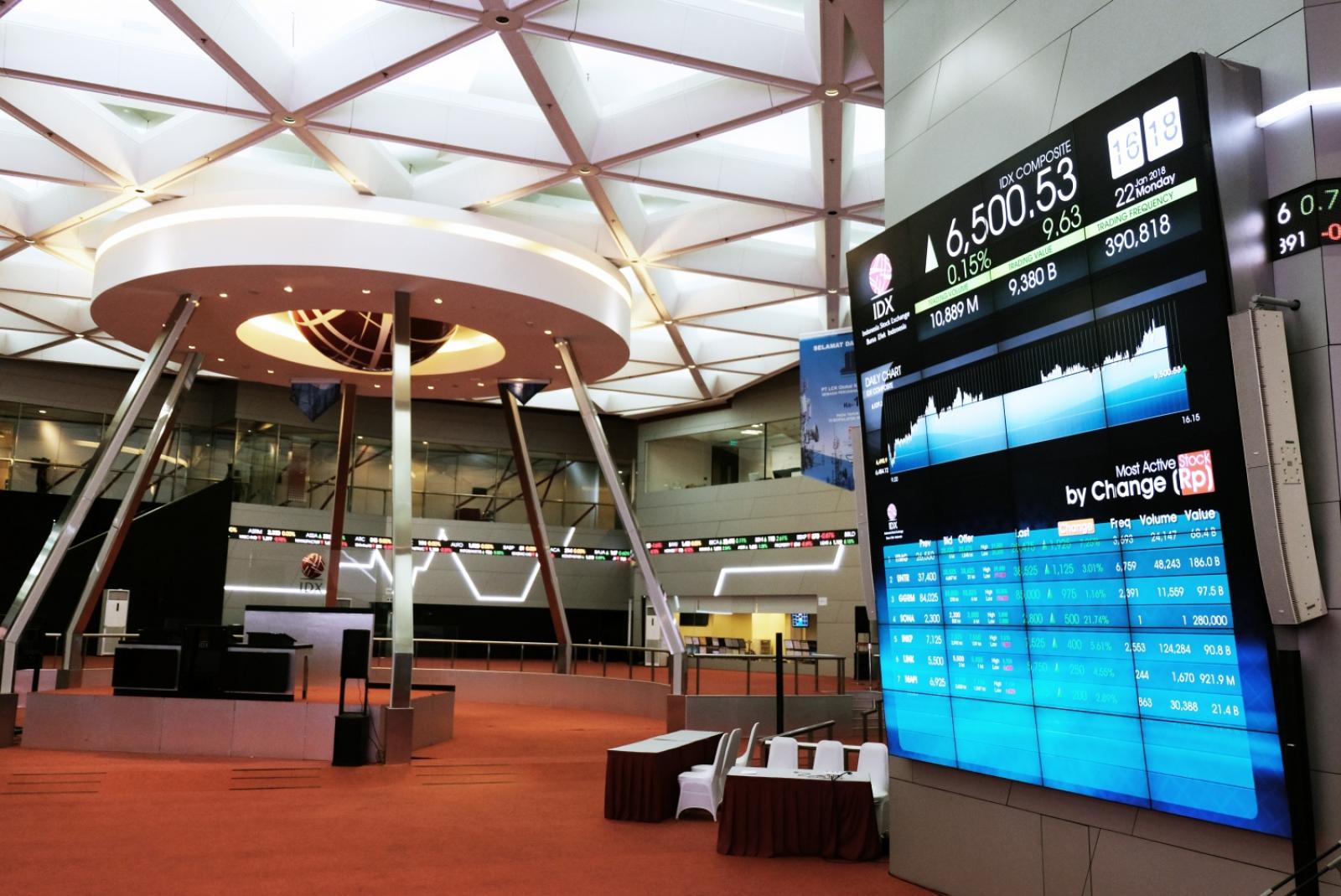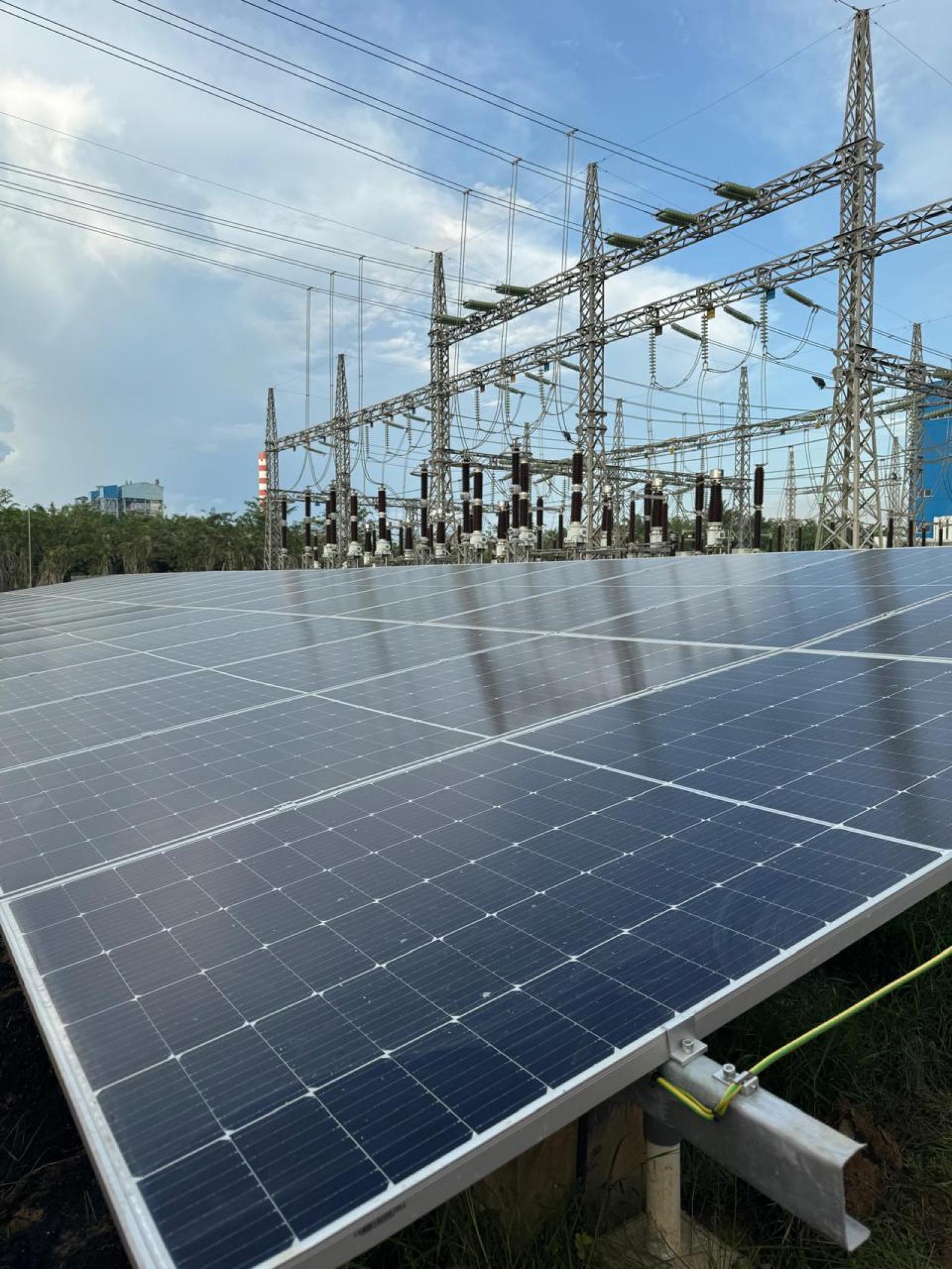
JAKARTA – Rachmat Budiman, Ambassador of Indonesia for Thailand, hopes Indonesia’s MSMEs to make a global-scale breakthrough. However, there are still a lot of tasks left for pertinent stakeholders to achieve this, including MSME players themselves.
“If we want to conquer global market in terms of MSME, we have to tame Thailand, as Thailand is great at expanding its MSME potential,” said Budiman when welcoming Indonesian press delegations in Thailad last Wednesday (16/10).
Budiman claimed that the Indonesian Embassy in Thailand has facilitated several domestic MSME players to market their products in Thailand through several exhibitions held by Thai government.
In addition, Budiman also reveals a regular program held by the Embassy called TTICF; Trade, Tourism, Investment, and Cultural Forum; every September to introduce Indonesia’s MSMEs and attract foreign business investors.
However, Budiman mentioned that the promotion of local MSMEs in other countries should involve strict selection and proper curation in order to grant opportunities for high-quality MSMEs. “We do not wish for this promotion to backfire on us, something counterproductive,” he added.
“There have been many criticisms directed to us, when promotion and production does not match. The promotion seemed promising, but once the production demand increased, the quality dropped,” explained Budiman.
For example, last year, when the Embassy brought over some companies from Thailand to collaborate with MSMEs in East Java, despite profound enthusiasm shown by both parties, MSMEs’ production capacity failed to match the demand.
“When there were additional demands, they struggled. They became product aggregator, gathering products from left and right, thus failing the standard,” said Budiman.
Stakeholders’ role in MSME: Indonesia vs Thailand
However, the problem does not only lie on MSME players. Budiman emphasised the importance of support from stakeholders to drive MSME growth in Indonesia.
According to Budiman, Indonesia needs to learn a lot from Thailand in order to solve this issue. For example, through the adoption of OTOP program, or One Tambon One Product, which is a Thai-government-led program to support local products manufactured by thousands of tambons, the smallest government unit, in Thailand.
Based on direct observation by IDNFinancials in Thailand, OTOP products indeed have their own aisles in stores, as seen in one of the biggest retail centres in Thailand, Big C. Open until 2 am every day, this retail supermarket that has become the primary destination for international tourists markets various OTOP products with reliable quality and proper packaging.
Budiman also mentioned this during the discussion with press at the Embassy of Indonesia in Thailand last Wednesday (16/10). “If we look at this, what we need to realise better is that the stakeholders here are deeply integrated in their efforts to promote MSME products. In big malls, there are special sections dedicated for OTOP products. If they did not mention these are OTOP products, or the sellers did not reveal these as MSME products, we would not recognise that these are MSME products, because they have great quality and packaging,” he explained.
The importance of MSME financing
According to BPS and Bank Indonesia’s 2023 data, MSMEs have become the backbone of the nation’s economy, with over 61% contribution to Indonesia’s GDP. However, MSME credit disbursement could still be considered minimal, only 20.5% of total credits in Indonesia, as stated in the latest OJK data in January 2024.
Related to this, one of the biggest banks in Thailand, KasikornBank, or more familiarly known as KBank, is ready to enter Indonesia through its most recent acquisition over 84.55% of PT Bank Maspion Tbk (BMAS), a private bank mostly active in East Java
“We can contribute through our financial services by bringing our expertise; we are the elading bank in digital banking, we are leading in MSME financing. These are some parts that we can contribute to increase financial inclusion in Indonesia,” said Kittichart Potithat, First Vice President of KasikornBank, on the same occasion. (ZH)





